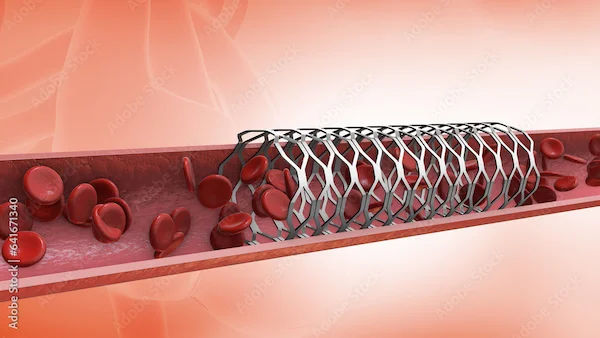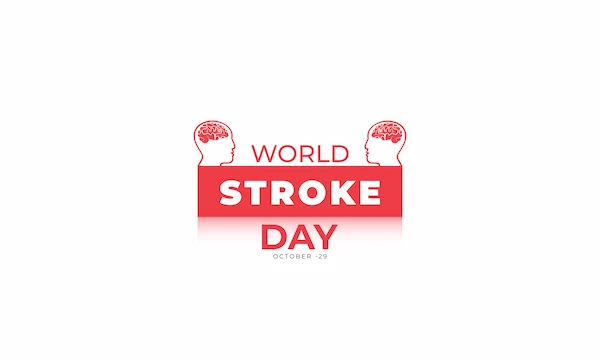- Male
- 29 Years
- 22/01/2025
I'm a bit concerned because my resting heart rate is around 80 while I'm just sitting at my desk doing nothing. Is this something I should be worried about?
Answered by 1 Apollo Doctors
A resting heart rate of around 80 beats per minute is generally considered within the normal range for adults. However, if you are experiencing symptoms such as dizziness, shortness of breath, chest pain, or fainting spells along with the elevated heart rate, it may be worth consulting with a healthcare provider. In the meantime, you can try managing stress, getting regular exercise, and maintaining a healthy diet.
Dr. Ranjith Suggests...
Consult a Cardiologist
Answered 04/07/2025
0
0

More Cardiology Health Queries
View allI've been having a tough time over the past couple of years with losing my job and family issues. Lately, I've been feeling this crushing sensation in my chest at times. A few years back, I was told I have mild mitral valve prolapse, but I never started any medication for it. I feel mild pain sometimes, but it never lasts more than two weeks. I'm trying to figure out if this chest pain is because of stress or my MVP. Ive also been feeling really down and anxious, especially at night, often ending up in tears. Some people close to me think I might have some psychological issues. What should I do?
It sounds like you are going through a lot of stress and emotional turmoil. The chest pain you are experiencing could be related to both stress and your history of mild mitral valve prolapse. It is important to address both the physical and emotional aspects of your health. For the chest pain related to mitral valve prolapse, you should consult with a doctor to determine if any medication or treatment is necessary. In the meantime, you can take over-the-counter pain relievers like acetaminophen to help with the pain. To address the stress and emotional issues you are facing, it would be beneficial to seek therapy or counseling to help you cope with your feelings of depression and anxiety. Additionally, practicing relaxation techniques such as deep breathing, meditation, or yoga can also be helpful in managing stress. In terms of medication, you can consider taking an antidepressant such as sertraline at a low dose to help with your depressive symptoms. It is important to consult with a doctor before starting any new medication to ensure it is safe for you. Remember to prioritize self-care, reach out to supportive friends and family members, and consider joining a support group to connect with others who may be going through similar experiences. Take care of yourself and know that it is okay to seek help when needed.
Answered by 1 Apollo Doctors
I'm looking at my ECG report which mentions I've got LVH and arrhythmia. I've been feeling quite tired whenever I climb stairs. Could you help me understand what this means?
Based on the information you provided, it seems like you have left ventricular hypertrophy (LVH) and arrhythmia as mentioned in your ECG report. These conditions can indeed cause symptoms such as fatigue, especially during physical exertion like climbing stairs. To manage these conditions, you may be prescribed medications such as Atenolol (50mg) for arrhythmia and Lisinopril (10mg) for LVH. It is important to follow up with your healthcare provider for further evaluation and management.
Answered by 1 Apollo Doctors
I've been having sweating and breathlessness when going up the stairs, and there's some numbness in my palm along with a light pain in my chest. I talked to a cardiologist who's pretty experienced, and after checking out my echo report, they've suggested I get an angiography. I'm really unsure about whether I should go through with it. Could you give me some advice on this? I would really appreciate a quick response.
Based on your symptoms and the recommendation of your cardiologist, undergoing angiography would be important to assess the condition of your heart vessels. This procedure can provide detailed information about any blockages or narrowing in the arteries supplying your heart. It will help in determining the best course of treatment for your condition. Please follow your cardiologist's advice and proceed with the angiography as recommended.
Answered by 1 Apollo Doctors
Disclaimer: Answers on Apollo 247 are not intended to replace your doctor advice. Always seek help of a professional doctor in case of an medical emergency or ailment.



 Purpose, Procedure, and Results.webp)

